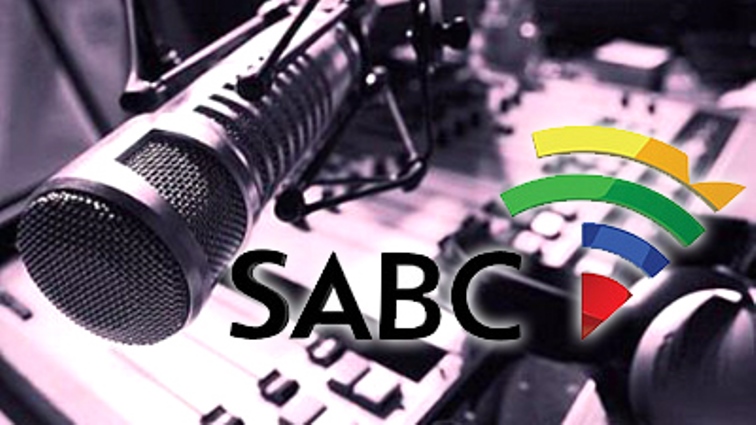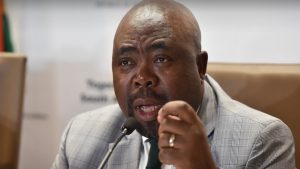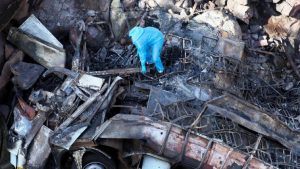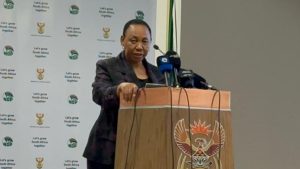The South African Broadcasting Corporation (SABC) has a tremendous responsibility to the nation with 29 million listeners who listen to the 19 SABC radio stations. A large proportion of these listeners live in rural settlements, located in the Eastern Cape, KwaZulu- Natal, Limpopo, and North West.
The stories of these communities and indigenous languages could possibly be at threat if newsrooms across the country were to downscale. These are some of the broadcaster’s well-known faces and voices.
SABC journalists across the country have kept the general public informed, giving a voice to many communities in their respective indigenous languages and covering an array of stories which include drought, poverty, corruption and service delivery issues.
They have traversed the lengths and breadths of the most rural parts of the country.
The SABC is best positioned to reflect on the lives, history, and culture of the surreal communities.
In KwaZulu-Natal, about 12 million native IsiZulu speakers inhabit the province. Zulu is the most widely spoken home language in South Africa and it is understood by more than half of the population. But with fewer journalists, there’s concern that the SABC newsroom wouldn’t be able to reach these communities to tell their stories.
SABC TV Reporter Mlondi Radebe says that it’s important for people to hear their stories in their native tongue.
Lunchtime pickets continue at Johannesburg and Port Elizabeth offices:
SABC Radio Reporter Minoshni Pillay says that she has been working at the SABC for years and has travelled throughout the province narrating stories from different people.
SABC’s XKFM
The Northern Cape is the largest province by land area in South Africa, covering 31% of the country’s surface area. Languages spoken in the Northern Cape include Afrikaans, Setswana and the San languages.
Eleven staff members at the SABC’s XKFM, radio station in the province have received letters of redundancies.
The radio station broadcasts in the official San languages. Colleagues are concerned that these unique province’s indigenous languages will also be lost.
“If a decision is taken that the SABC will be scaling down on news platforms, taking away the news from people, speaking in their mother tongues, it will affect many people as they rely on our news platforms. This will be a huge injustice to many South Africans and we don’t want to do that because people rely on the SABC for independent and impartial news,” says SABC News Reporter Reginald Witbooi.
Being a journalist a tough job
In the Eastern Cape, corruption in rural municipalities has been exposed and many political figures were held accountable, all because of the work of journalists in the province.
“We cover a vast area, comprised of 16 local municipalities of the 39 in the province. When we look at the province, it’s grossly underdeveloped. For instance, we travel a minimum of 8000 km a month just to crisscross the province. So, once people start tampering with the staff complement and newsgathering content, you are saying ‘YES’ to underdevelopment and corruption. We tell stories that inform and educate and if we don’t do it in the language that people choose what will happen?” asks SABC Radio Reporter, Yanga Funani from the Eastern Cape.
Many hardships are also dealt with whilst in the field. “Being a journalist is a tough job. You don’t work 8 to 5, you work until late and you expect to make the deadline. We travel to far-flung areas in the Eastern Cape where the stories are really far. You’re expected to do crossings, package your story. So the work is tiring and on top of that we don’t earn very big salaries,” says SABC News TV Reporter Lerato Fekisi.
SABC employees said that the planned retrenchments would have a devastating impact on them and their families.
“My child is critically ill. She is on special medication that she needs to take for her survival. If I lose my job at the end of December, who will look after my daughter? Who will provide her with that medication?” wonders SABC News Radio Reporter Fanele Mhlongo.
Despite the uncertainty staff is faced with, reporters continue to fly the flag high to keep delivering on the mandate of delivering true, credible and Award-winning stories.
Lunchtime picket address by Communication Workers Union as protests continue:






